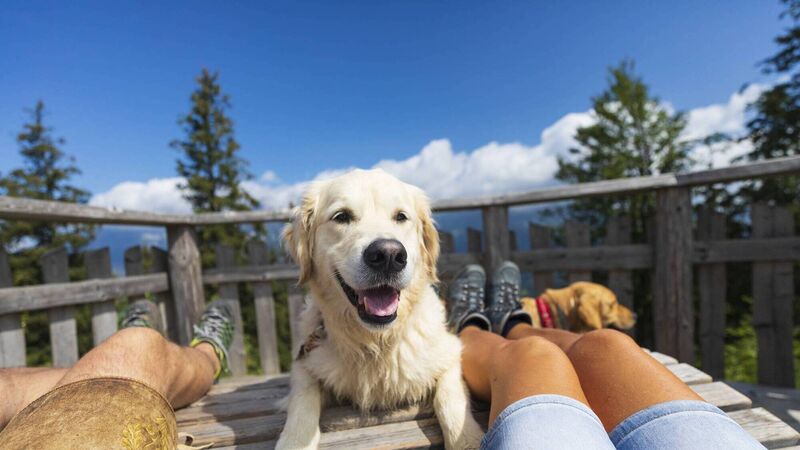Dog days of summer: How to plan a holiday when you have a pet

There are an increasing number of pet friendly hotels, rentals and family resorts, but don’t assume your furry travel buddy can stay for free. File pictures
Going away can be a deeply distressing time for a dog or cat. Make a plan to ensure they are safe, well and happy in your absence, or why not take them with you?













